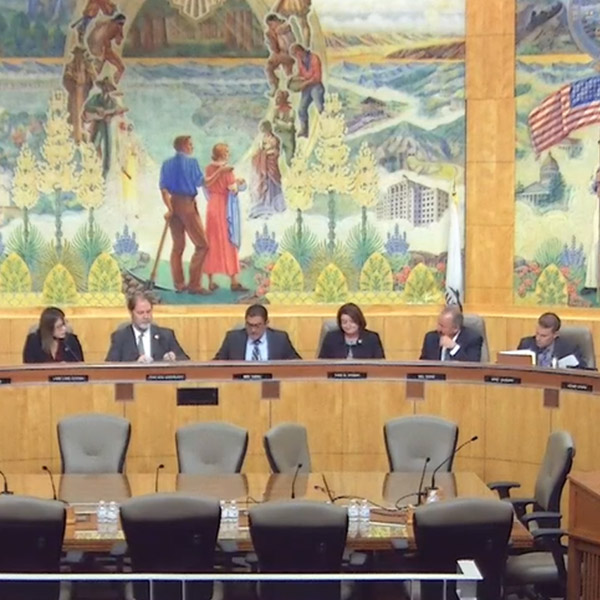By Rich Heidorn Jr.
ReliabilityFirst briefed members Monday on spot checks it plans for about 35 generation owners (GOs) and operators (GOPs) in 2020.
Brian Thiry, RF’s manager of operations and planning compliance monitoring, said the spot checks will focus on risks of insufficient long-term and operations planning that were identified in the 2019 and 2020 NERC Compliance Monitoring and Enforcement Program implementation plans. These include inadequate models, failure to report generator capabilities, resource adequacy and the ability to ride through grid disturbances.
Entities receive notice of the spot check five weeks in advance of when RF needs the evidence. During the first three weeks, the entity works with the RF team lead on collecting sampling data. “The team lead is there to help you — to walk you through the process,” Thiry said during RF’s monthly compliance call.
Some of the entities are subject to spot checks because of compliance oversight plans from audits in the last several years. For others, the notices are “unanticipated and unexpected,” he said.
PRC, MOD, VAR Standards
Auditors testing GOs on PRC-019-2 R1 and PRC-024-2 R1 and R2 will review implementation plans, check to see whether all required testing was performed and whether the generator will trip in the “no trip” zone. They will test compliance with MOD-025-2 R1 and R2 by reviewing implementation plans and testing, and ensure there are no gaps in the information requested by transmission planners.
GOPs will be evaluated on VAR-002-4.1 R2. Auditors will be evaluating internal controls on situational awareness, alarming, notifications and training, and conducting sampling to ensure generators are operating within their voltage schedules.
“These are some of our most frequently violated requirements [for generators] over the last two years or so” as the generation mix has changed with the increase in renewables with inverter-based relays, Thiry said. “Even though [there’s] less … penetration in the Midwest, we still want to stay ahead of this risk.”
Thiry described spot checks as “a mini, more targeted audit.”
“It has a lot less moving parts than an audit. During an audit, it’s a longer period. We would take a harder look at your culture and your controls.”
For a spot check of VAR-02, for example, “we don’t look at every single one of your generators for every single day. We’d be looking at a sample scope of certain generators on certain days.”
Thiry suggested GOPs document the reasons for any excursions above or below their bandwidths and provide graphical representations in 10-minute increments.
“A picture’s worth 1,000 words. If it’s something that you could graph, that really helps us out and helps us [conduct] a fast, efficient review, so these spot checks can stay within that two-week time frame.”
Self-reports
Thiry said internal controls should be monitored continuously and that entities should self-report before the spot checks if they failed to meet an implementation milestone or perform required tests.
“We don’t want to wait until the spot check notification letter comes out to identify an issue. Because whatever this issue is, it can be identified, addressed and mitigated now. We don’t have to wait five months to put a control or mitigating plan in place,” Thiry said. “If you self-report it now, we can get to the bottom of it, [and] work with you on the fixes and the mitigation. And you get the credit for identifying it on your own without us having to find it.”
Thiry said self-reports should include the root cause of the problem. “That helps [enforcement] identify the extent of condition and what other risks may exist,” he said.
Thiry said he would provide additional communications on the spot checks during future reliability calls or in the RF newsletter.



